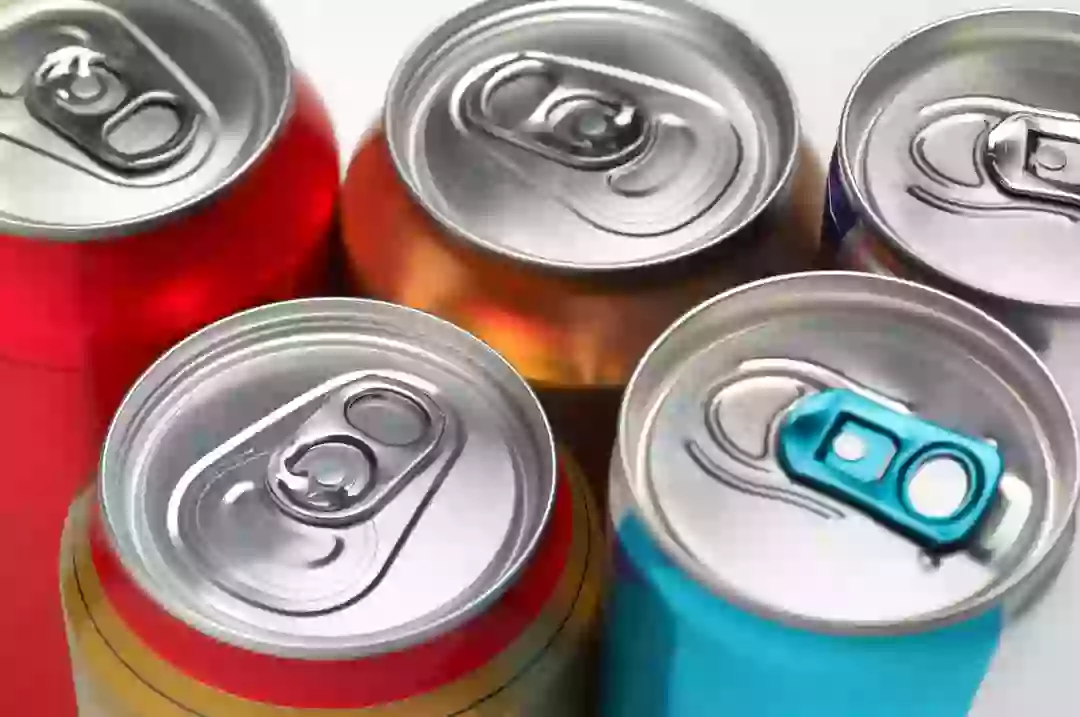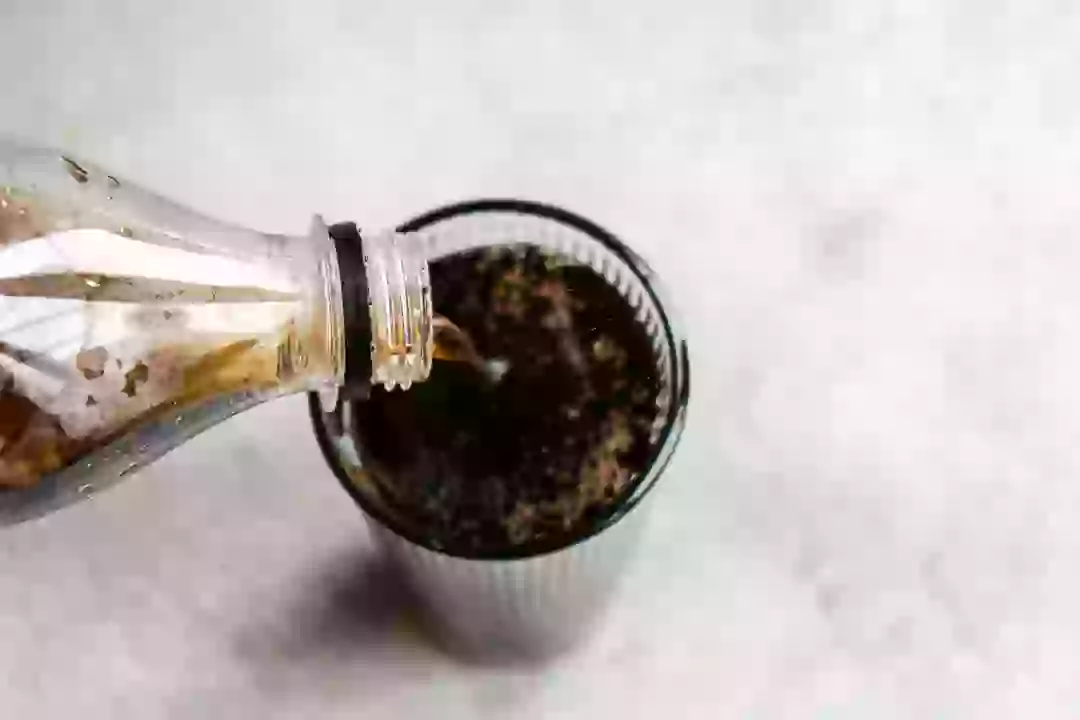A physician has issued a stark warning about the importance of consuming carbonated beverages “reasonably and sparingly” following a case where a man’s extreme soda intake led to his collapse and severe health complications.
The medical education YouTube channel Chubbyemu, which documents real medical cases for public awareness, recently shared the story of a patient identified as “BA” who consumed seven liters of soda daily for at least ten years.
The 48-year-old father was brought to the emergency department experiencing “sudden onset weakness” after what appeared to be a normal life until age 30.
According to the medical professional’s explanation, BA “was a dad living a normal life” until he started a new position where his workplace provided “free, unlimited soda for employees to drink.”
The case illustrates how workplace perks can sometimes lead to unintended health consequences.
The documentation reveals that BA gradually increased his soda consumption until it developed into an addiction with alarming physical effects.

Reports indicate BA would “wake up thirsty” and immediately consume “his normal morning soda.”
“But the more he drank, the thirstier he got. In the bathroom, for the 10th time in two hours.”
The father began experiencing shortness of breath and abdominal discomfort, along with cognitive issues described as “brain fog” that eventually caused him to “stutter and slur his words.”
BA’s condition culminated in hospitalization after being discovered unconscious at his workplace.
Medical evaluation revealed BA had entered a “diabetic coma”—the high sugar content in the beverages had elevated his blood glucose levels to dangerous heights for approximately three months.
Additional complications included elevated blood pressure and cholesterol levels.

Since BA hadn’t identified his beverage consumption as a potential health factor, he failed to mention it to medical staff, who simply recommended dietary improvements and exercise.
He partially switched to sugar-free sodas but continued purchasing multipacks after leaving his job.
Eventually, after experiencing difficulty standing upon waking and frequent urination, BA collapsed again.
During this second hospitalization, medical staff identified BA’s “profound muscle weakness” along with his diabetes, hypertension, and cholesterol issues—but also diagnosed “hypokalemia.”
Hypokalemia indicates dangerously low potassium levels in the bloodstream, and BA’s levels were “life-threateningly low.”
Further investigation revealed that BA’s kidneys were “shutting down” while his muscles were “damaged” and “spilling their contents out”—a condition called “rhabdomyolysis.”
Medical staff administered IV fluids, but BA experienced dry mouth and severe headaches, prompting him to request that his wife bring him soda for relief.
While his symptoms temporarily improved, subsequent tests showed persistent hypokalemia and excessive urine production—15.1 liters despite receiving only 3.78 liters intravenously.
His body was rapidly eliminating water while his kidneys wasted the potassium doctors were attempting to replace.

A medical student reportedly observed BA receiving soda deliveries from his wife and investigated further, discovering that the sweetening agents and caffeine in the beverages “explained everything happening to BA.”
“In the kidneys, huge excess sugar from drinking one to two gallons of soda every day for 10 years can make it harder to absorb water because the water will want to stay with the sugar,” the physician explained.
Caffeine presented an additional problem by “blocking inhibition” and preventing a natural molecule that helps dilate blood vessels for improved circulation to the brain and heart while promoting rest.
This same molecule assists kidney function by reabsorbing sodium, so the caffeine caused sodium retention in urine, leading to BA’s excessive fluid loss.
The excess urination resulted in muscle proteins circulating in his blood, contributing to kidney failure and muscle deterioration.
Fortunately, medical professionals successfully treated BA’s condition.

After discontinuing soda consumption, BA’s blood potassium levels began normalizing, kidney function returned to baseline, and muscle weakness resolved—”some baseline function achieved again.”
The physician noted that diet sodas still contain caffeine, while even caffeine-free diet versions can present various health risks.
The medical expert concluded: “So take the study results with what you will. Type 2 diabetes and all its comorbidities like heart problems and nerve damage. Hypokalemia and all its consequences and kidney stones are what we’re thinking of when we’re speaking of excess chronic soda ingestion.”
The recommendation is to “consume reasonably and sparingly” with the principle that “if you don’t need to put it in your body, don’t put it in your body.”

